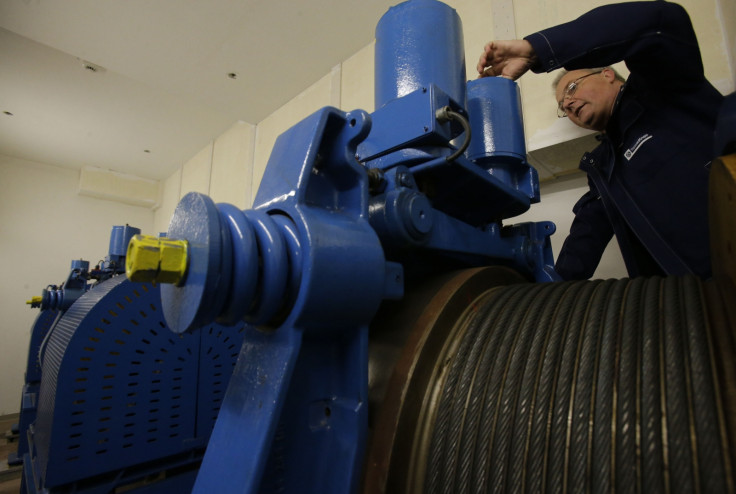German Exports Reached Record Levels in July Despite Ukraine Crisis

Despite concerns over the ongoing political crisis in Russia and Ukraine, Germany reported a record trade surplus in July.
The country is by some distance Russia's biggest trading partner in Europe. With the EU banning the export of many technical goods to Russia, Germany's economy, including its famed exports sector, looked set to flounder.
The new figures, however, suggest that the sector is more robust than many realised. In July, it recorded a trade surplus of €22.2bn, with exports rising by 4.7% to €98.2bn, beating the expectations of analysts who had expected mild growth of around 0.7%.
Exports were 8% higher than in July 2013, making this the highest monthly exports volume Germany has ever reported and suggests that the country's poor GDP return from the second quarter of the year, when it contracted by 0.2%.
This was the country's first contraction since the end of 2012 and analysts warned in August that the worst was yet to come. Germany's business confidence was at record low, with investors spooked as to the impact the ever-changing situation in the east would have on the German economy.
The statistics from Destatis, the country's central statistics bureau, show that exports to the EU rose by 9.6% and to the Eurozone by 6.2%, despite the region's anaemic consumption levels. Exports to the rest of the world rose by 15.9%.
In the first half of the year, German exports to Russia fell by 15.5%, Destatis figures show, with mutual sanctions having a drag on the automotive sector, which lost 24.4% of its exports to Russia between January and June.
Analysts are crediting a rosier economic picture elsewhere in the world for helping improve Germany's fortunes.
Johannes Mayr, an economist at BayernLB, said: "The pick-up in the US economy will have also played a role."
© Copyright IBTimes 2024. All rights reserved.






